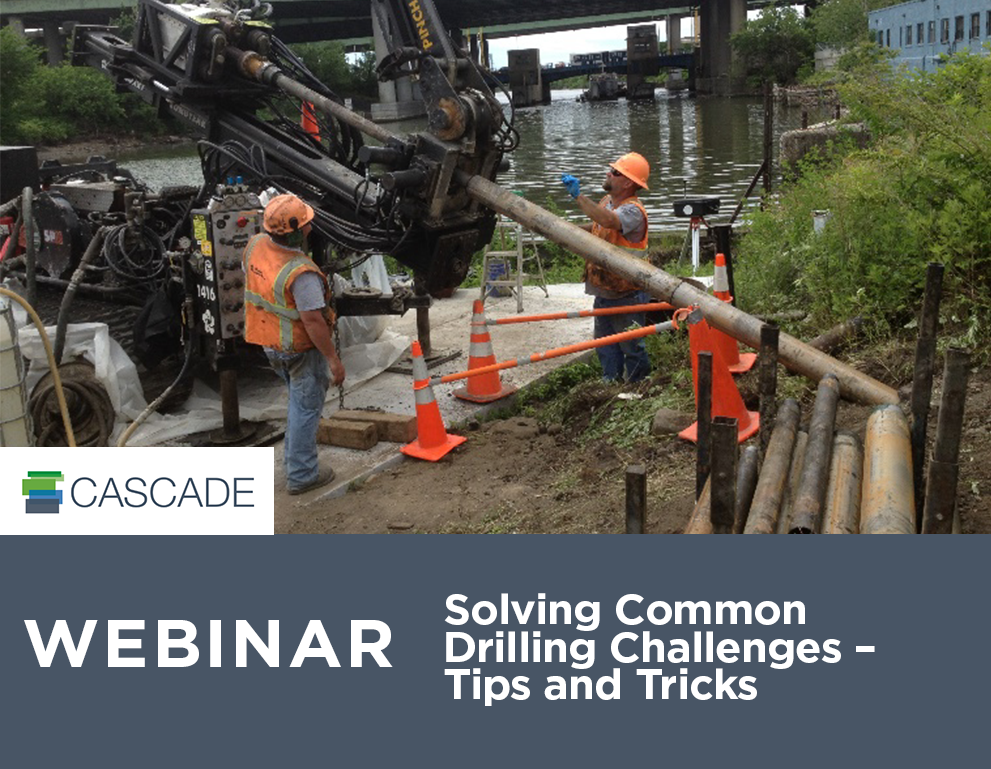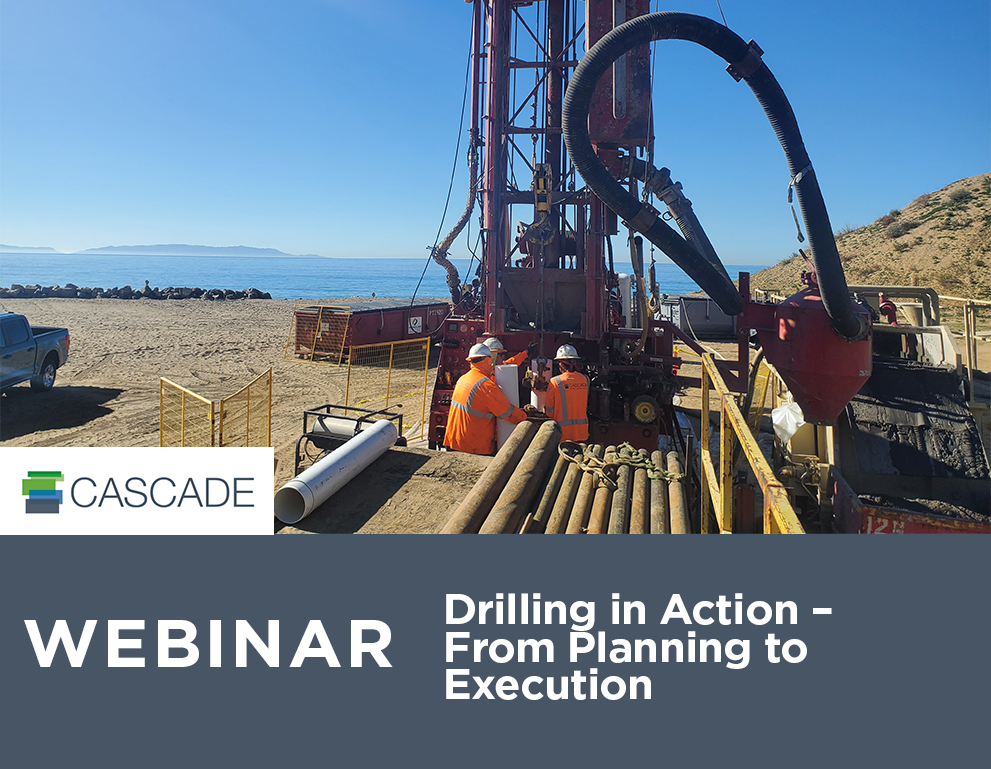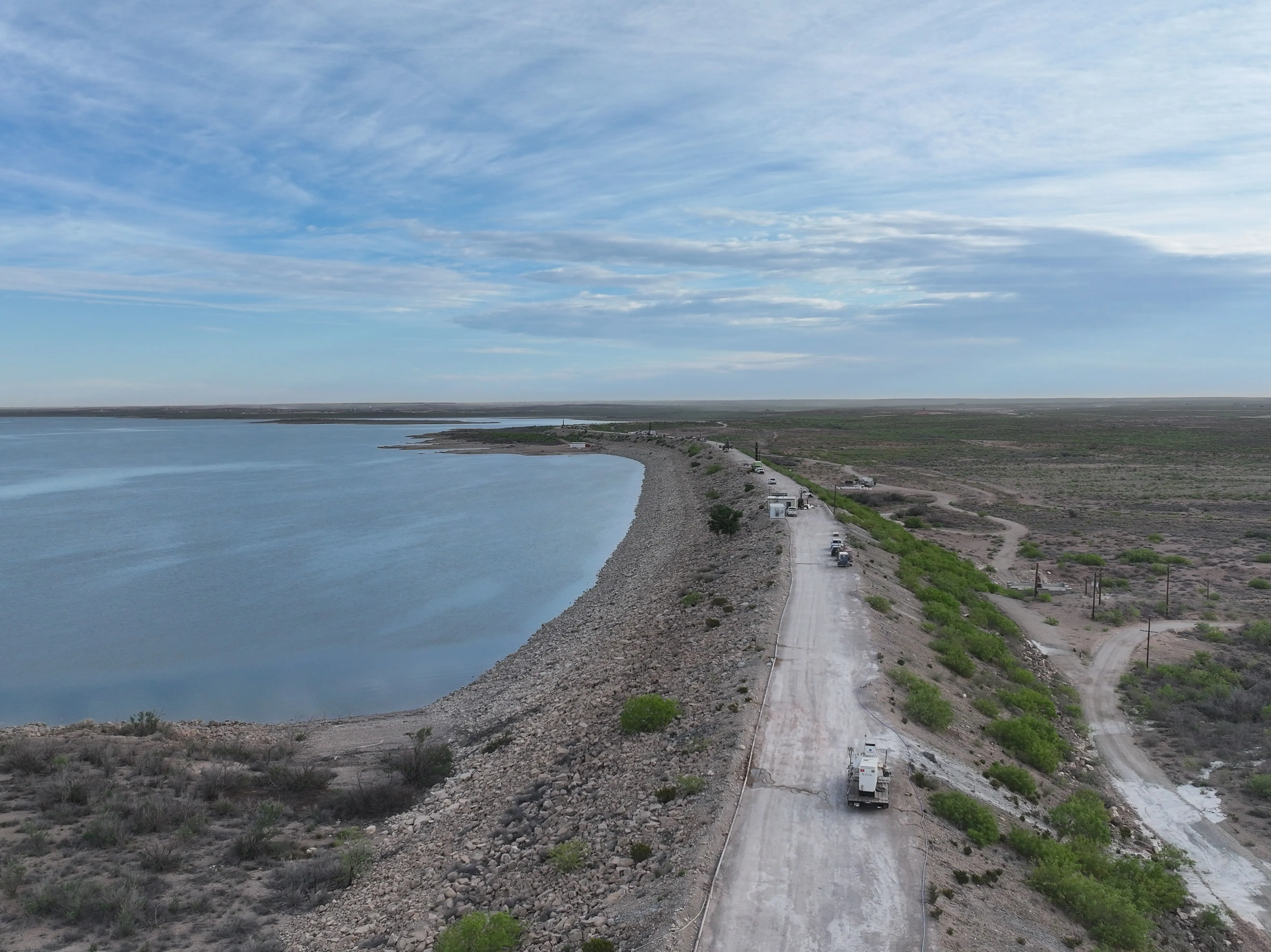5 Best Practices for Working Successfully With Drilling Contractors
By: Annie WashingtonWhether you’ve worked with a drilling contractor many times or only on a single project, you likely have similar goals—mainly, a well-managed, safe and on-time project completed at or under budget. Competing goals are almost never an issue, but clear communication (or the lack of it) certainly can be. As a long-time project manager for a drilling company, I know where hiccups most often occur. In this blog post, I’ll outline some best practices for working with contractors to ensure your project goes smoothly.
1. BE CLEAR ABOUT YOUR EXPECTATIONS AND THOSE OF THE CLIENT
Some contractors find that filling out a form pre-project clarifies specifics, such as when and where drillers should show up each day, if there is access to water on site, etc. If they don’t utilize such a form, it’s still a good idea to have a conversation about such considerations and, if possible, get everything in writing. This provides a solid foundation for a good working relationship as the project progresses.
2. INVITE YOUR CONTRACTOR FOR A SITE VISIT PRIOR TO THE START OF THE PROJECT
This will help you both identify any potential concerns. For example, the proposed drill site may be on a slope that is too steep to safely work on, or there may be overhead power lines that are too close. Addressing these issues in advance allows you to avoid unnecessary delays once work commences.
3. INVITE DIALOGUE
If you tell your contractor the project must be completed in two weeks and her or she says three weeks is more realistic, ask for the reasons why. There may be valid site concerns that were initially overlooked, and it’s important for you to know if that’s the case.
4. DETERMINE RESPONSIBILITY
Some tasks can be handled by your contractor, like making the 811 call to local public utilities to ensure drill sites are clear of underground infrastructure. However, your contractor may prefer not to. Why? After making the 811 call, public utility organizations have up to 72 hours to respond—which means if you wait for your drilling contractor to do it on day one of the project, you may already be up to three days behind schedule. Talk through issues like that with your contractor ahead of time to prevent any avoidable delays.
5. DEVELOP A PARTNERSHIP
You and your contractor share the same goals for the project, and working with them as a trusted partner will allow lines of communication to be open and operate freely. Small challenges along the way can be dealt with together in a timely manner before they become much bigger issues.
Every project has its unexpected challenges, but there is no reason why they have to come from working with your contractor. If you have questions about working with drilling contractors—or would like to work with Cascade’s drilling team—email me at [email protected].






